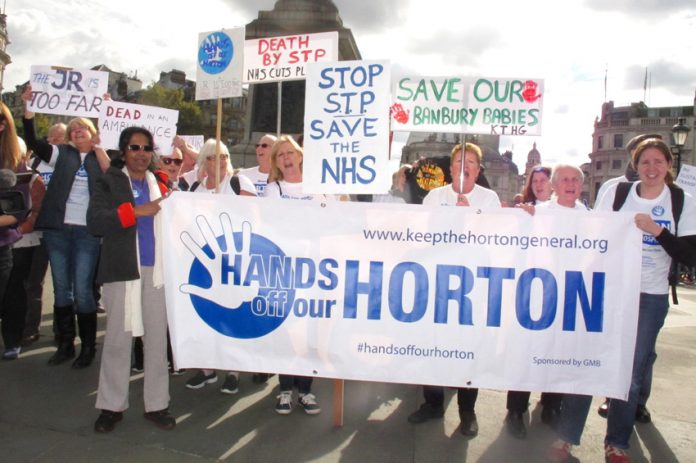THE GREATER Glasgow health board has apologised after women in labour were refused admission to a maternity unit because of overcrowding.
NHS Greater Glasgow and Clyde said the issue affected five women at the Queen Elizabeth University Hospital (QEUH) on Thursday. A NHS Greater Glasgow and Clyde spokeswoman confirmed the maternity unit had been closed to new admissions between 09:00 and 15:00 on Thursday.
She said the divert order had now been lifted and the hospital had returned to normal service. She added: ‘The divert, to the nearby Royal Alexandra Hospital and the Princess Royal Maternity, was put in place due to a high number of admissions to the QEUH and a number of women and babies developing complications.
‘We arranged for three women to be admitted to other maternity hospitals in our area and a further two women had their planned procedures safely deferred for a matter of hours. Patient safety was maintained at all times. We would like to apologise to anyone to whom this caused any distress.’ NHS Greater Glasgow and Clyde is currently consulting on plans to save about £69m on its budget in the coming year.
Meanwhile, responding to the news that over four in ten hospitals in England declared a major alert in the first week of the year as they encountered unprecedented pressures, Dr Mark Porter, BMA council chair, said: ‘It is extremely concerning that this many trusts in one week raised the alarm to say they can’t cope, and it shows the scale of the crisis in our NHS at the moment.
‘It’s astonishing that, following a week in which alerts were six times higher than the last, the government has chosen to play down the pressure that services are under. This is shameful. With each day that ministers continue to ignore this crisis more and more patients are left suffering the consequences.
‘Our hospitals are in the red, GPs are unable to keep up with the number of patients coming through the surgery door, patients are suffering and staff are working under impossible conditions. We urgently need the government to act now and put together a long-term plan to help solve the ever growing issues around staffing and funding the health and social care system as a whole.’
As well as revealing 40% of hospital trusts had declared a major alert, figures released by NHS England yesterday also show that 32 people have died from flu so far this winter and scores of others had to be treated in intensive care last week alone. Overall, 95% of hospital beds were full from 2-8 January, up from 91% the week before.
A&E units had to divert patients to other emergency departments 39 times, slightly fewer than the 42 a week earlier. Bed shortages were exacerbated by outbreaks of norovirus, the diarrhoea and vomiting bug. This forced hospital managers to close 933 beds that were occupied and another 164 that were empty, making a total of 1,197 – almost one in 100 of the NHS’s total supply of 130,000 beds.
• A junior doctors’ crisis has led to a decision to axe mental health inpatient provision at Scotland’s Stracathro Hospital’s Mulberry unit in a move described by one councillor as the ‘end game’ for the Angus facility. Campaigners are currently involved in a fight to retain the adult psychiatric ward within the Susan Carnegie Centre amidst fears it will be the key target in a shake-up of Tayside mental health provision due to be decided later this year.
But NHS Tayside has revealed a junior doctor shortage has ‘forced it into an interim decision’ to close the unit from February 1, with general adult inpatient services transferring to Dundee’s Carseview.
